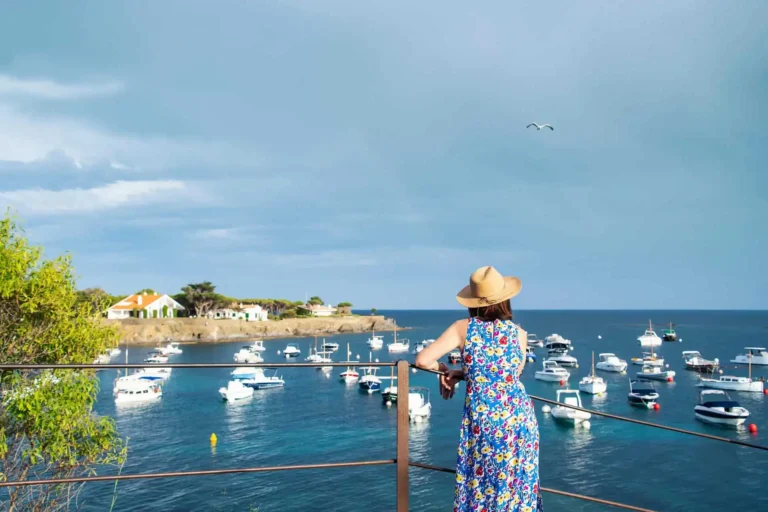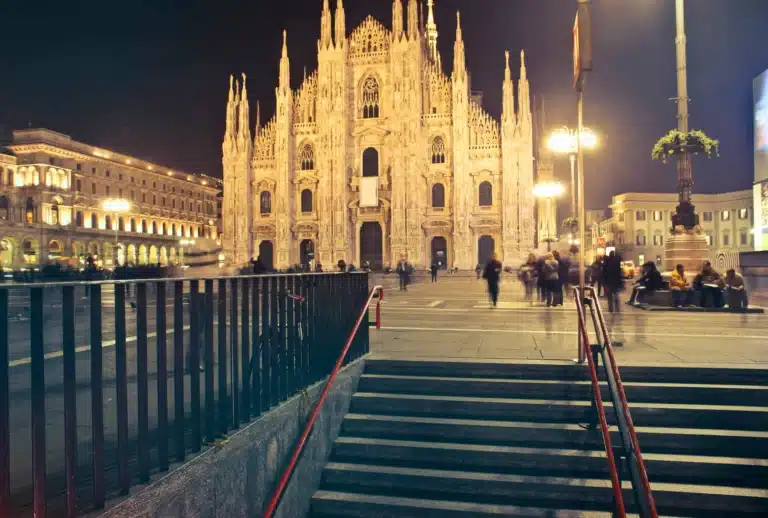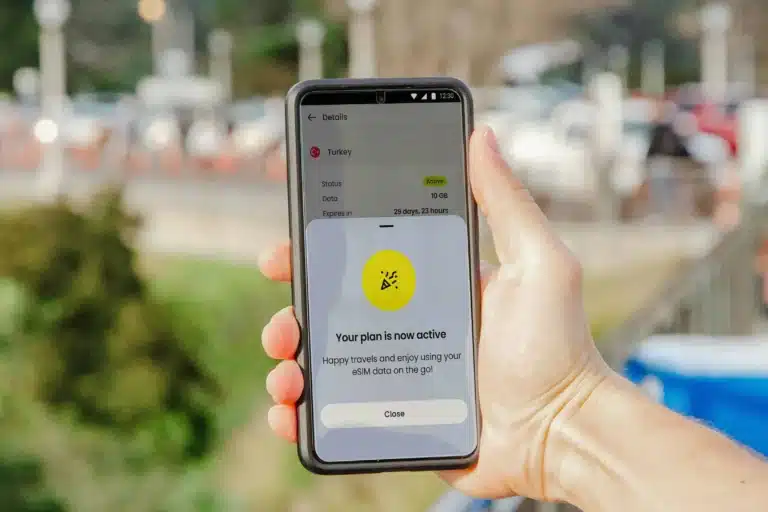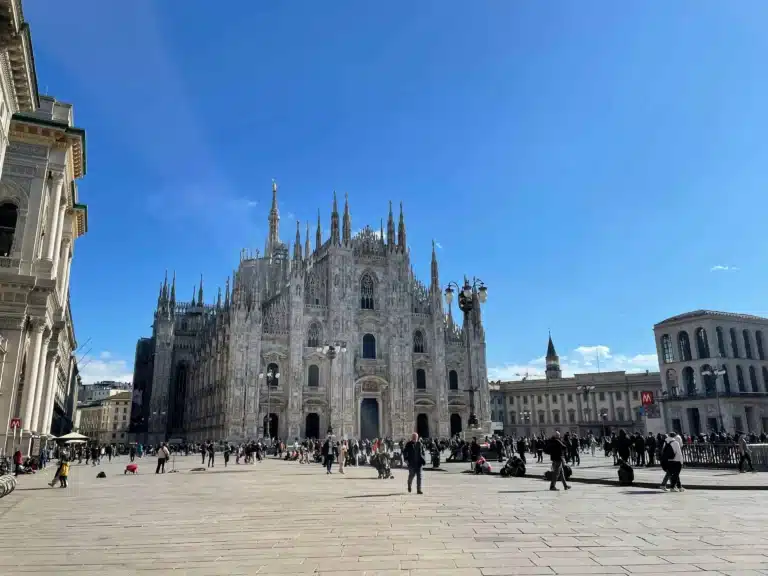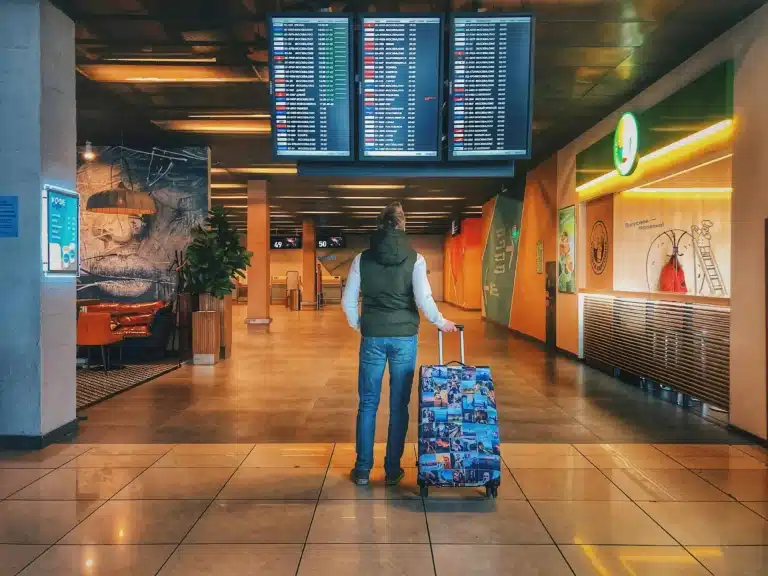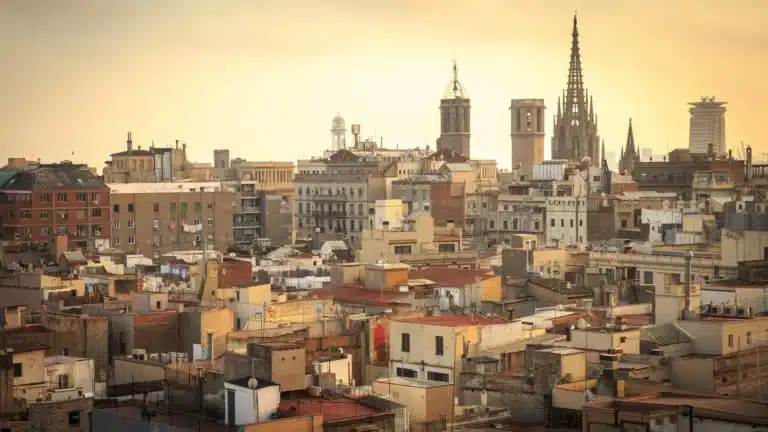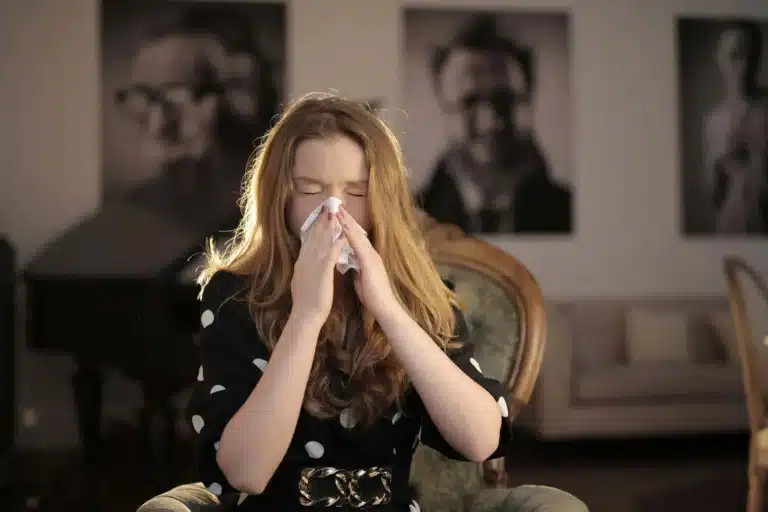Milan is Italy’s stylish, fast-paced heart — home to high fashion, stunning cathedrals, and some of the best espresso in Europe. But even the most exciting trip can take a turn if you’re not feeling well. A sore throat, upset stomach, or sudden fever can hit when you least expect it.
Getting sick in Milan might sound scary, especially if you don’t speak Italian or have never used healthcare abroad. But don’t worry — we’ve got your back. Whether it’s a mild cold, a stomach bug, or something more serious, there are clear steps you can take to feel better quickly and stress-free.
This guide will walk you through everything — how to find an English-speaking doctor, what to do in an emergency, where to go for medicine, and even how to avoid getting sick in the first place.
Understanding Milan’s Healthcare System
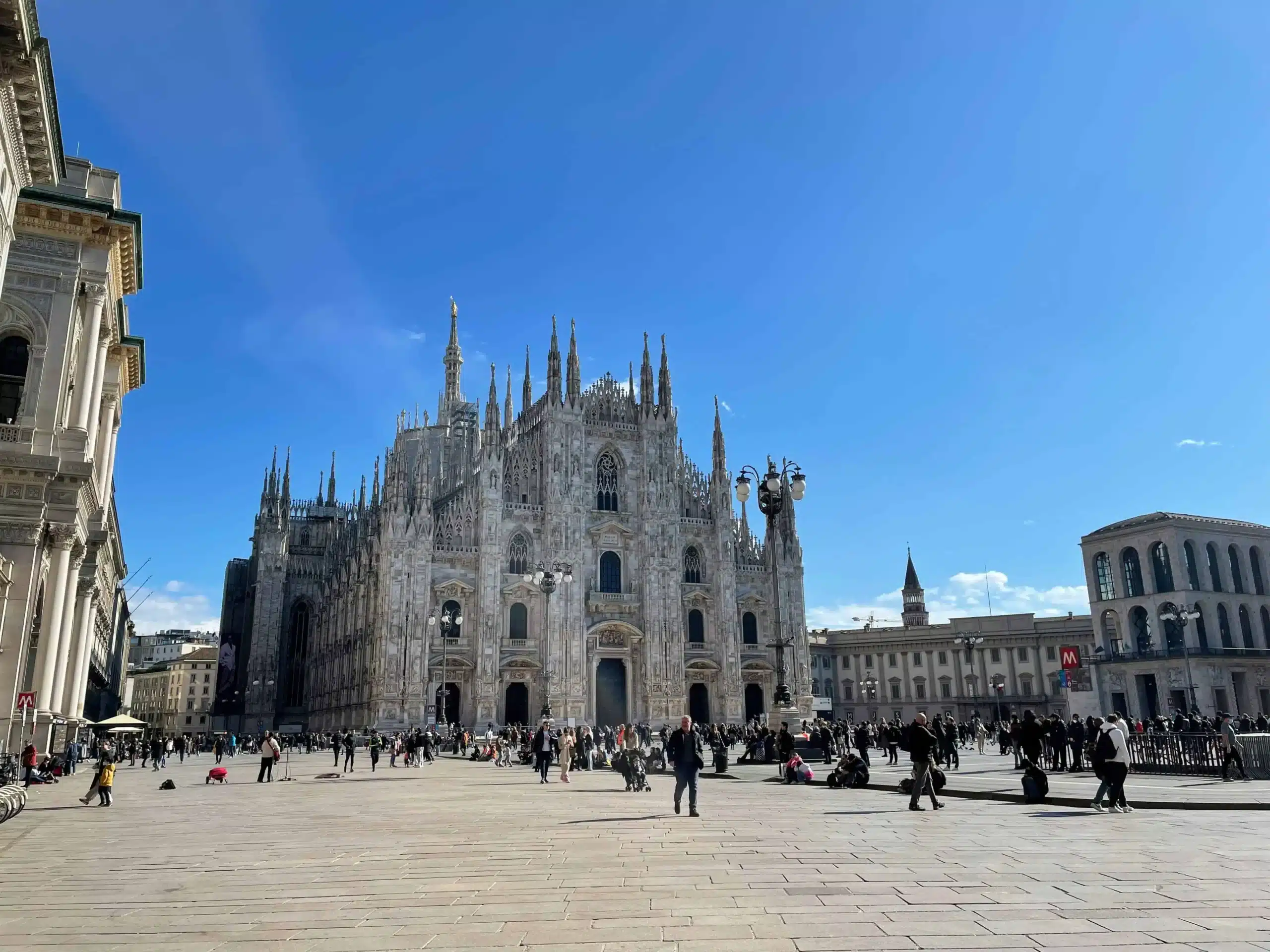
Italy has one of the best public healthcare systems in Europe, and Milan has excellent hospitals and clinics. Tourists have access to both public and private care, but knowing which is right for your situation can make all the difference.
Private vs. Public: What’s the Difference?
Public healthcare (Servizio Sanitario Nazionale) is affordable and high-quality. EU citizens with an EHIC card can access it for free or at low cost. But it often comes with long lines, less flexibility, and fewer English-speaking staff.
Private healthcare is fast, efficient, and more likely to have staff who speak English. You can book directly, get seen quickly, and receive excellent care. It’s a bit more expensive, but if you’ve got travel insurance, it’s usually reimbursable.
If you’re short on time, feeling anxious, or need someone who speaks your language — private healthcare is your best bet.
Emergency Medical Care in Milan
If you’re having a medical emergency, you need to act fast. Here’s exactly what to do in Milan.
Emergency Numbers You Should Know
- 112 – The EU-wide emergency number (for ambulance, fire, or police)
- 118 – Direct ambulance and medical emergency services
Both are free and available 24/7. Operators may speak some English, but it helps to have your location ready — use your phone’s GPS if needed.
How to Call an Ambulance in Milan
- Dial 112
- Clearly state you need an ambulance: “Ho bisogno di un’ambulanza.”
- Give your name, location, and a quick description of the problem
Ambulances are free in life-threatening situations. If you’re unsure whether it’s an emergency, always err on the side of caution and call.
When to Go to a Hospital vs. Urgent Care Clinic
- Hospital (Pronto Soccorso): For emergencies — chest pain, severe injury, high fever, difficulty breathing
- Urgent care or walk-in clinics: For non-life-threatening problems — flu symptoms, infections, allergic reactions, minor cuts or sprains
Hospitals in Milan are well-equipped and include options like Policlinico di Milano.
Pharmacies & Medication: What You Need to Know
Milan’s farmacie (pharmacies) are incredibly helpful. Pharmacists are well-trained and often speak some English, especially in central areas.
What Can a Pharmacy Help With?
- Headaches and pain
- Cold and flu symptoms
- Stomach issues
- Travel sickness
- Minor allergic reactions
For more serious concerns, they can point you to the nearest doctor or clinic.
Where to Find a 24-Hour Pharmacy
Need help late at night? Look for a farmacia di turno (duty pharmacy). You can:
- Google “farmacia 24 ore Milano”
- Ask your hotel or Airbnb host
- Check the sign on any closed pharmacy — it usually lists the closest open one
Some well-known 24-hour pharmacies in Milan include:
- Farmacia Internazionale (near Duomo)
- Farmacia di Porta Venezia
What to Do if You’ve Got Travel Insurance
If you purchased travel insurance (or it came with your credit card), you’re in good shape. Insurance often covers:
- Doctor visits
- Medications
- Hospital stays
- Emergency transport
Documents You’ll Need
To make a claim, hold on to:
- Medical reports
- All receipts (doctor, pharmacy, transport)
- Your travel documents (flight or hotel bookings)
- Your policy number and provider’s contact info
Tip: Email yourself digital copies of everything, or store them in a cloud folder so you don’t lose anything.
Some providers even have their own apps — check before your appointment if they require pre-approval or have preferred clinics.
Navigating Language Barriers
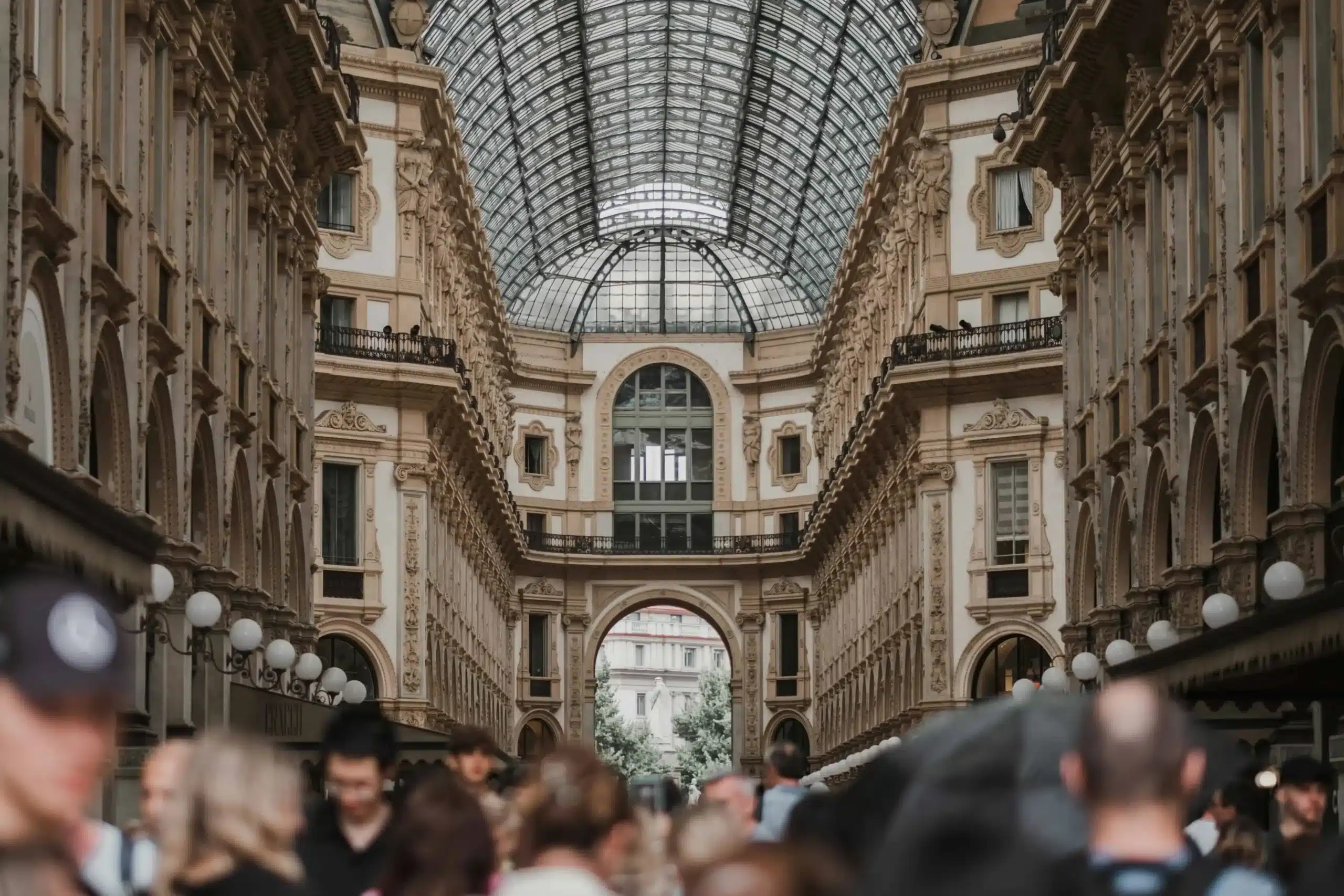
Let’s be honest — being sick is hard enough without trying to explain your symptoms in another language. While Milan is international, not all doctors speak fluent English.
Useful Italian Medical Phrases
- “Mi sento male.” – I feel sick
- “Ho mal di testa.” – I have a headache
- “Mi fa male qui.” – It hurts here
- “Sono allergico a…” – I’m allergic to…
- “C’è un medico che parla inglese?” – Is there a doctor who speaks English?
How to Avoid Getting Sick in Milan
You don’t want to spend your Milan trip in bed, so here’s how to stay on top of your health while exploring.
Common Illnesses Travelers Get
- Colds or sore throats from dry airplane air
- Upset stomachs from rich or unfamiliar food
- Sunburn or dehydration (especially in summer)
- Jet lag fatigue or travel burnout
- Is Tap Water Safe in Milan?
Yes! Milan’s tap water is clean, safe, and totally drinkable. Bring a refillable bottle and save money (and the planet).
Food Safety Tips
- Choose busy restaurants — they usually mean fresher food
- Avoid raw seafood unless it’s from a high-quality spot
- Wash fruits from markets, or buy pre-peeled
- Don’t forget hand sanitizer, especially on the metro or before eating
Healthcare Tips for Pregnant Travelers & Those with Pre-Existing Conditions
If you’re traveling with a medical condition or are pregnant, planning ahead can make a huge difference.
- Bring a doctor’s note or summary, ideally in English and Italian
- Pack more than enough medication — and keep it in your carry-on
- Look up the closest private hospitals or OB-GYN clinics near where you’re staying
- If needed, book a check-up or quick consultation on arrival to feel secure
Top-rated clinics in areas like Brera, Porta Romana, and CityLife offer excellent services.
Finding an English-Speaking Doctor in Milan
This is the most common question travelers ask: “How do I find an English-speaking doctor in Milan?”
Here’s the answer:
Air Doctor makes it incredibly easy.
You can:
- Choose from trusted, local English-speaking doctors
- Filter by specialty, location, and language
- Book in-person or virtual appointments
- Use your travel insurance or pay out of pocket
No stress, no guesswork — just real help, fast.
Getting Help Beyond Healthcare
If you’re seriously sick in Milan, lose your passport, or need emergency support, reach out to your embassy or consulate.
They can:
- Help you find a hospital or clinic
- Translate or communicate on your behalf
- Assist with lost documents
- Contact your family if needed
Keep their contact info saved on your phone and printed in your travel wallet.
Recap: What to Do if You Get Sick in Milan
Before you go, here’s a quick recap of what to do if you get sick in Milan:
- Call 112 in a medical emergency
- Visit a private clinic for quick, tourist-friendly care
- Use a farmacia for everyday meds or advice
- Keep travel insurance documents handy
- Learn a few Italian phrases, or book care through Air Doctor
- Stay hydrated, eat smart, and take breaks
- Plan ahead if you’re pregnant or have a condition
- Contact your embassy if things get complicated
About the Air Doctor App
With the Air Doctor app in your pocket, you can access medical care and receive expert medical guidance if you get sick in Milan (or anywhere else you travel).
Air Doctor offers a wide range of benefits, including:
- A global network of over 20,000 multi-lingual doctors and specialists
- Choice of clinic, at-home (hotel), and video consultations
- Active in 90 countries
- 24/7 multi-lingual support
- Transparent pricing and reviews
- Most common medical specialties, including cardiologists
FAQs
You can visit a public hospital or clinic, but private clinics are faster, easier, and more tourist-friendly. Air Doctor lets you book directly with English-speaking doctors.
If it’s an emergency, then yes. Otherwise, you’ll have to pay.
Yes — unless you have an EHIC (for EU citizens) or travel insurance. Public care is affordable, but private care is faster.

